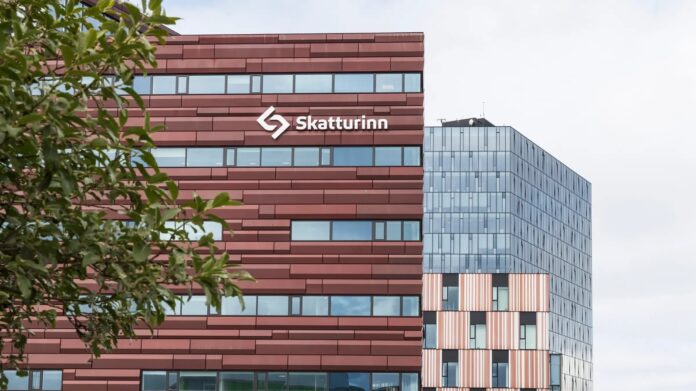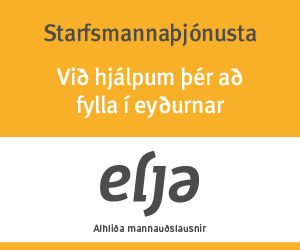In the middle of last month, officers from Iceland Revenue and Customs and the District Attorney’s Office launched extensive operations in connection with an investigation into well-organized tax evasion – what has been called invoice factories.
In mid-January, the Iceland Revenue and Customs and the District Attorney’s Office launched extensive operations against well-organized tax evasion. Fifty employees from both offices participated.
Cars and real estate seized
In response to a question from Spegil, the Iceland Revenue and Customs says that nine people have been arrested, searches have been conducted at eleven locations, both in people’s homes and companies, and assets worth four hundred million have been seized; bank deposits, real estate, cars and securities. In addition, forty million in cash were seized.
And what is being investigated? In a ruling recently handed down in the Iceland National Court (Landsréttur), this is called “invoice factories”. Basically, such a factory industry is quite simple. A large company pays a small company for some work. This could be painting or concrete work, to take some random examples.
The small company takes the payment, withdraws it in cash, exchanges it or buys electronic coins and delivers it back to the large company, but keeps some small change for the occasion. In this small company, there is little or no activity, no painting or concrete work or sometimes just some completely different activity to mislead the authorities.
The small company then issues an invoice for the work that was never done, the large company charges the invoice as an expense and thus contributes to lower tax payments. The small company usually does not pay any tax payments and the trick is that a company has many smaller companies on its side that form a semi-chain.

Fourteen invoice factories
The actions by the Iceland Revenue and Customs and District Attorney’s Office last month were the most extensive ever aimed at this type of criminal activity.
Fourteen companies are suspected of issuing unfounded invoices, being so-called invoice factories – two companies of having used this service.
The Iceland Revenue and Customs says in its response to Spegilinn that those who use invoice factories usually do so to hide illegal withdrawals from owners, pay undeclared wages or reduce tax payments. Invoice factories do so to conceal unregistered labor, human trafficking, benefit fraud or money laundering. People in vulnerable situations are induced to be registered with the companies and are paid for their involvement.
Source: Ruv.is




